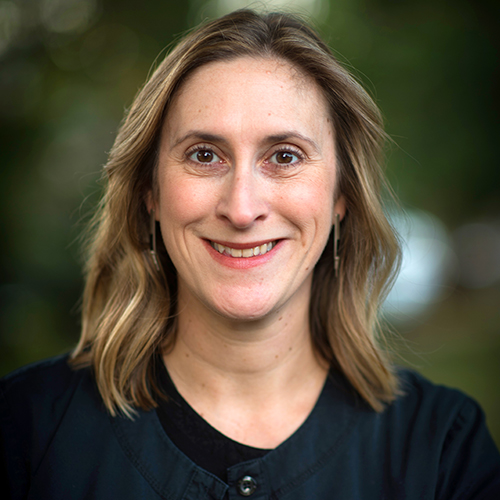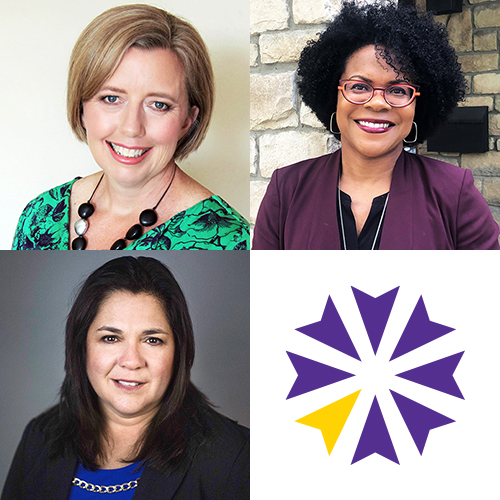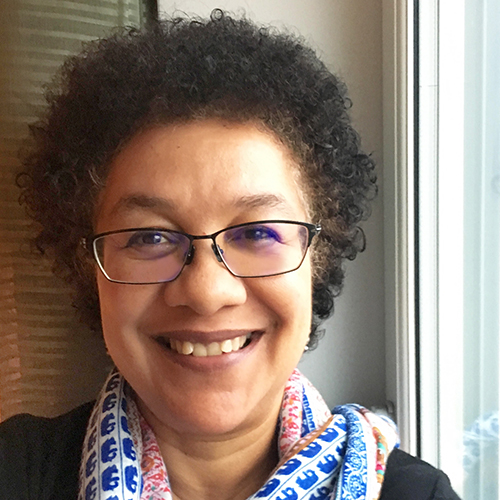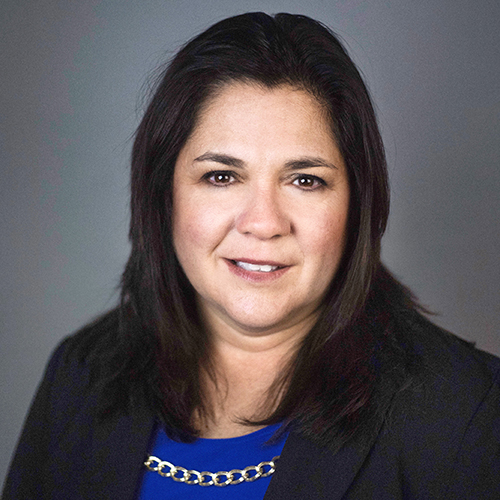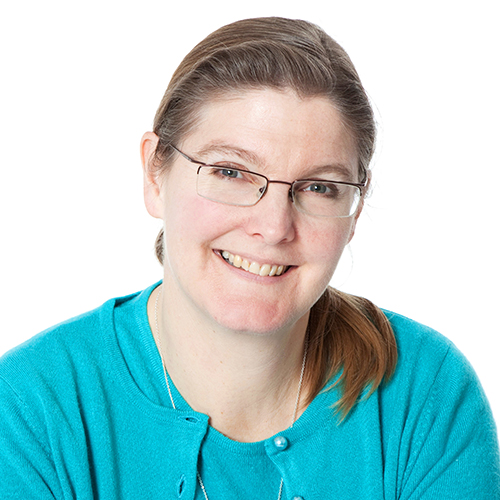 IBCLC Detailed Content Outline: Clinical Skills / Ethical and Legal Issues Focused CERPs - Section VII C
IBCLC Detailed Content Outline: Clinical Skills / Ethical and Legal Issues Focused CERPs - Section VII C
Access CERPs on Clinical Skills / Ethical and Legal Issues for the IBCLC Detailed Content Outline recertification requirements. On-demand viewing of the latest Clinical Skills / Ethical and Legal Issues focused IBCLC CERPs at your own pace.

A Case Study Approach to Critical Thinking Skills for Lactation Professionals

Melissa Cole is a board-certified lactation consultant, neonatal oral-motor assessment professional and clinical herbalist in private practice. Melissa is passionate about providing comprehensive, holistic lactation support and improving the level of clinical lactation skills for health professional. She enjoys teaching, researching and writing about wellness and lactation-related topics. Her bachelor’s degree is in maternal/child health and lactation and her master’s degree is in therapeutic herbalism. Before pursuing her current path, Melissa’s background was in education and cultural arts, which has served her well in her work as a lactation consultant and healthcare educator. She loves living, working and playing in the beautiful Pacific Northwest with her 3 children.
Topic: Beyond Fenugreek: An Individualized Approach to Dietary and Herbal Galactagogues - [View Abstract]
Topic: Beyond the Basics of Latch: Support Strategies for Helping Babies when the Basics Aren’t Enough - [View Abstract]
Topic: Common Infant Digestive Health Concerns and Useful Support Strategies - [View Abstract]
Topic: Connection and Care: Virtual Support for Tongue-Tied Infants - [View Abstract]
Topic: Feeding is Movement: Activities for Supporting Optimal Infant Oral Function - [View Abstract]
Topic: Infant Gut Health: Common Concerns and Useful Support Strategies - [View Abstract]
Topic: Infant Oral Assessment: Exploring Anatomy and Function Beyond the Frenulum - [View Abstract]
Topic: Low Milk Production Detective Work: Assessment and Care Plan Considerations - [View Abstract]
Topic: New Thoughts on Infant Pre and Post-Frenotomy Care - [View Abstract]
Topic: Placenta Medicine as a Galactogogue: Tradition or Trend? - [View Abstract]
Topic: Thinking Critically About the Use of Clinical Lactation Tools - [View Abstract]
Topic: Will It Hurt? Frenotomy Aftercare Strategies to Optimize Healing Outcomes for the Newborn - [View Abstract]
There are many reasons infants struggle to latch and feed well. Critically thinking through a case involves assessing all the variables that may be impacting feedings. This is no easy task when we must consider what is going on on the parent's side and the infant's side. How can we put all the pieces of a complex case together in order to be an effective lactation detective? This interactive session is designed to help providers implement critical thinking skills in order to think outside the box when it comes to difficult cases. Walk through the cases with me and put your skills to the test!

View Details / Enroll
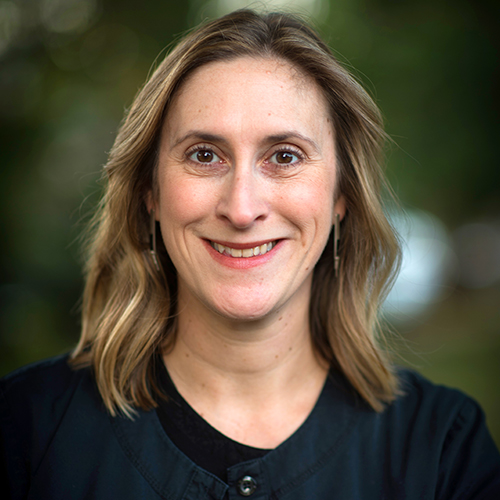
View Details / Enroll
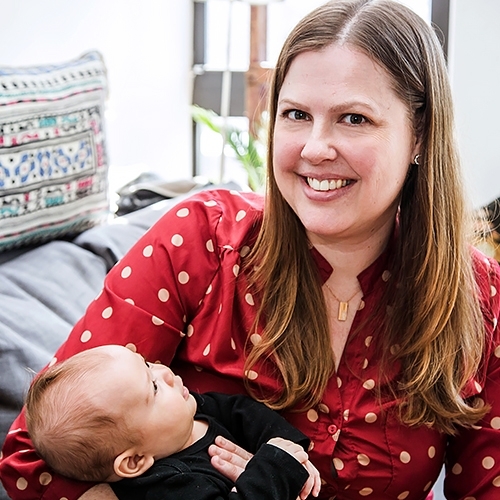

Annie Frisbie has been an IBCLC in private practice since 2011. Her background is in media, where she worked very closely with producers, content developers, and tech thought leaders on business strategy, content development, contracts, legal clearances, and more. She has also produced training for professional media software solutions as well as created and managed print and video content for media professionals.
In 2018 she was honored with the US Lactation Consultant Association's President's Award, "awarding those that demonstrate extraordinary service to the association and profession."
She is a produced screenwriter and proud member of the Writers Guild of America, East. She have a BA from Franklin and Marshall College, and an MA in Cinema Studies from New York University. In a previous life I was a film critic. I live with my husband and our two children in Queens, New York.
Topic: The Ethics of Digital Privacy and Lactation Practice - [View Abstract]
Follow the complete life cycle of a typical client through collecting information during the intake process, documenting and charting effectively and efficiently, and communicating with families and their care providers. Bring your questions about incorporating technology while protecting client/patient privacy and providing compassionate care so families can meet their goals.

View Details / Enroll
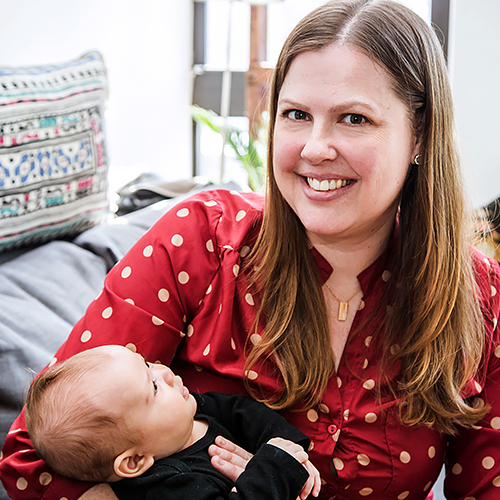
View Details / Enroll


Paulina is the mother of three multicultural Latino children and Project Director for Lifespan Local. Paulina earned her BS in Psychology from the Pennsylvania State University, a MS in Organizational leadership from the University of Denver and is completing her PhD in Health and Behavioral Sciences at the University of Colorado - Denver. Paulina has over 18 years of experience working with families with young children. As a Maternal Child Health specialist for Jefferson County Public Health, she developed a NICU follow-up home visitation program and the pediatric emergency preparedness plan, co-founded and coordinated the Conectando Network (former Adelante Jeffco), established community navigation and lactation support groups focused on the Latino Spanish speaking community, and lead other initiatives to support leadership and partnerships among communities and organizations. During the COVID-19 pandemic, she managed the new program Whole Community Inclusion to ensure the pandemic response and recovery implementation included health equity practices that recognize the needs and the strengths of priority populations in the county. Her areas of current work include promoting perinatal and infant mental health along the continuum of care; building community capacity to navigate health and education systems; facilitating organizational change to embrace linguistic and culturally responsive practices; and establishing community-placed participatory programs to strengthen communities. She likes to be with people, learn from and with others, and connect passions for meaningful work.
Topic: From the NICU to the home: mother’s experiences - [View Abstract]
Topic: Leadership Skills in Lactation: Make Extraordinary Things Happen - [View Abstract]
Topic: Liderazgo en Lactancia - Para Alcanzar Metas Extraordinarias - [View Abstract]
Topic: Nursing A Preemie, Perspectives For Lactation Supporters and Professionals - [View Abstract]
Breast/chest feeding is a biological, emotional, and social process. There is an undeniable link between human
milk and behaviors associated with feeding. Breast or chest feeding provide the perfect environment for babies’
development, such as bonding, attachment, mutual regulation, security, etc. But what happens when parents
can’t access effective, culturally competent, compassionate lactation services? What happens when over
generations lactation support has been lacking?
Every parent deserves the chance to meet their feeding goals and enjoy the short and long term benefits of
human milk feeding. Social inequities augment the effects of not experiencing those benefits making it even
harder for parents and babies to have their physical, emotional and social needs met. Outcomes of lactation
impact the dyad, the family, the community beyond the nutritional needs of the infant.
Advocacy efforts at local, regional and national levels create meaningful opportunities for health equity, so
those with no power or resources can reach optimal health. Lactation consultants are in a unique position to
advocate and partner with others to support policies and programs that focus on equity as a systems approach
to benefit marginalized communities and impact their physical and mental health in the long-term.

View Details / Enroll
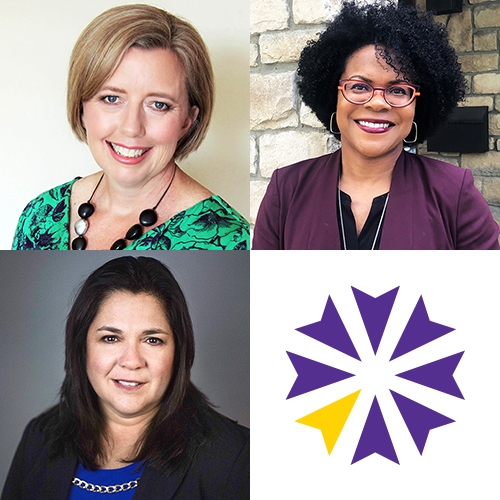

Annette Leary is a registered nurse with over 33 years of experience working in Maternal Child Health. She became an IBCLC In 1995. She works as a Maternal Educator in a large tertiary care hospital (14,000 deliveries a year) that is Magnet designated, JCAHO certified, and BFHI awarded. Her responsibilities include providing outpatient lactation virtual and in-person support, staff education, and inpatient consultations. She began her Upledger Craniosacral training in 2015, taking advanced maternal and pediatric specialty classes. Her most special efforts to date include her marriage of over 33 years, four adult children and being nana to two grandchildren.
Naomi Hull as a Registered Nurse, an International Board-Certified Lactation Consultant (IBCLC) and has a Master of Public Health (Nutrition). Naomi is mum to two teenage young adults, a Rhodesian Ridgeback and three chickens. Since 2006 Naomi has been a volunteer Breastfeeding Counsellor (Cert IV Breastfeeding Education) with the Australian Breastfeeding Association, and she qualified as an IBCLC in 2010 and has worked in a small Private Practice in Brisbane. While completing her MPH at the University of Queensland (UQ) she focused her dissertation on a qualitative review of stakeholder’s perceptions of the implementation of the Australian National Breastfeeding Strategy (2010-2015). Since then she has gone on to lead and coordinate a national team in the assessment of Australian breastfeeding policies and programs using the World Breastfeeding Trends Initiative (WBTi) Assessment Tool. Naomi is the Senior Manager for Breastfeeding Information and Research at the Australian Breastfeeding Association, where she is responsible for the provision of up to date, evidence-based information for the general community and health professionals.
Maxine Scringer-Wilkes graduated with a nursing degree followed later on by her Master of Nursing in 2017 both from the University of Calgary. Maxine was a public health nurse in Calgary for 13 years, where providing face to face contacts with new families soon after discharge is a standard of care. Most families named feeding challenges as their biggest concern. In turn, Maxine developed a passion for lactation support, worked towards and attained the International Board-Certified Lactation Consultant designation, in order to assist families to reach their feeding goals.
In 2016, Maxine made the transition from public health to acute care where she currently works in all areas of a large Children’s hospital to support dyads with a myriad of lactation concerns but is primarily in the NICU. Maxine’s responsibilities includes orienting new staff to teaching a provincial lactation education within a team. Maxine is passionate about sharing knowledge with aspiring LCs and is a mentor to many. Maxine participates on numerous committees to update lactation and feeding policies, procedures and documents. Furthermore, she volunteers on provincial and national breastfeeding committees.
The past decade has seen a marked increase in telehealth. Lactation support in a virtual format had been slowly increasing virtual access to care prior to COVID-19. As the pandemic started, in a matter of weeks, it became necessary to embark on virtual care for the majority of lactation support and care providers were forced to adapt to a new method of care. This sudden change has highlighted both the benefits and drawbacks of virtual lactation support. The learning curve continues and this panel has been designed to explore the lessons, the triumphs, the challenges, and the future needs for virtual lactation care.

View Details / Enroll
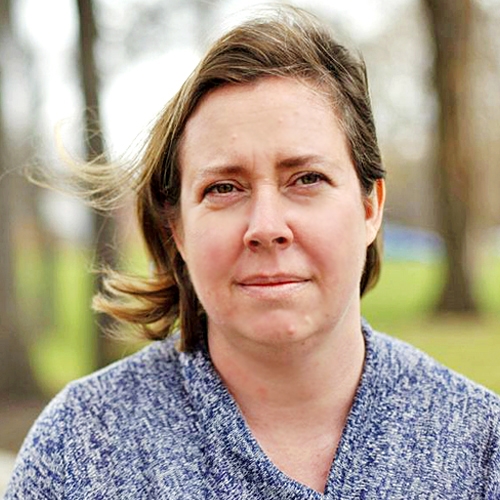
Facilitated Discussion on IYCF-E and the Role of the Lactation Professional

Michelle Pensa Branco MPH IBCLC is a lactation consultant and public health advocate. In addition to her clinical practice, which has included in-hospital, outpatient and private practice settings, she advocates for improved maternal-child health practices at the local, national and global level. She has a particular interest in the impact of trauma to breastfeeding families, models of peer support to improve breastfeeding outcomes and the application of health communication principles to the promotion and protection of breastfeeding. Michelle serves as the Director of Peer Support Programs and provides clinical lactation expertise for Nurture Project International, the only international NGO focused exclusively on infant feeding in emergencies. With Jodine Chase, she co-founded a Canadian non-profit organization, SafelyFed Canada. She is also an active member of the Ontario Public Health Association’s Breastfeeding Promotion Working Group. Michelle has previously served as the Vice-Chair of La Leche League Canada, the Communications Director for the Canadian Lactation Consultants Association as well as the Toronto Coordinator of INFACT Canada. When she is not travelling for work, Michelle stays close to home, living with her family just outside Toronto, Ontario, Canada.
Topic: Keeping the Fox Out of the Chicken Coop: Safeguarding Your Reputation Against Baby Feeding Industry Influence - [View Abstract]
Topic: Playing Well with Others: Collaborating in High Conflict/Low Trust Settings - [View Abstract]
Topic: Watching Our Words: Is Risk-Based Language Always the Right Choice? - [View Abstract]
In emergencies, breastfeeding saves lives - and yet, regardless of the location or type of disaster, breastfeeding and complementary feeding practices are eroded during an emergency. Infant and young child feeding in emergencies (IYCF-E) requires a multi-sectoral approach to meet the needs of both breastfed and non-breastfed children. Where do the skills of breastfeeding counsellors, educators and IBCLCs fit into the IYCF-E response? What competencies do IBCLCs need to provide clinical care in a humanitarian setting and how can IBCLCs obtain those (if they don’t already have them)? Bring your thoughts, experiences and questions and join us for a facilitated discussion about the role of skilled breastfeeding support in protecting infants and young children in emergencies.

View Details / Enroll
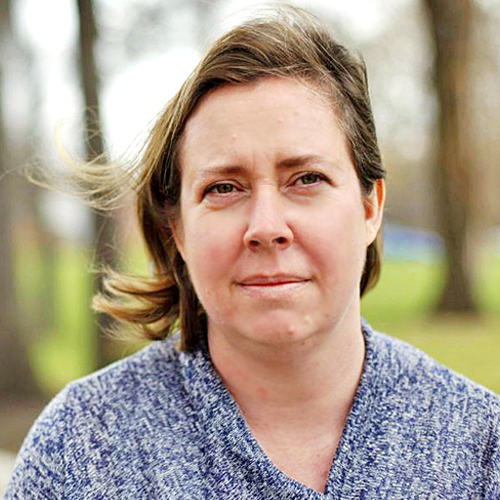
View Details / Enroll
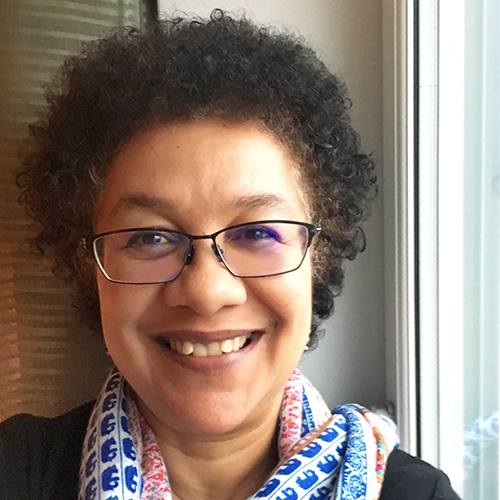
Global Perspectives on the Warm Chain of Support for Breastfeeding

Dr. Amal Omer-Salim is the Executive Director of the World Alliance for Breastfeeding Action (WABA). She is a nutritionist with a Ph.D. from Uppsala University, Sweden. Her areas of expertise are nutrition, breastfeeding, international health, gender, programme planning, research, and advocacy, with a special focus on Africa and Asia.
Global trends in breastfeeding rates only show modest increases between 2000 and 2015. Currently, about 40% of babies below 6 months are exclusively breastfed and several barriers on the structural, setting, and individual levels exist. Continuous support for mothers across the 1000 days from conception has been shown to be effective in increasing the duration and exclusivity of breastfeeding. WABA’s Warm Chain campaign places the mother-baby dyad at the core and strives to link different actors by coordinating efforts at all levels to provide a continuum of care during the first 1000 days. The warm chain needs to be protected, promoted, and supported. Protection includes implementation and monitoring of the International Code of Marketing of Breastmilk Substitutes as well as coordination to ensure that all the linkages in the chain are working well. Promotion entails providing information about the roles and responsibilities of each actor along the timeline. Support includes increasing knowledge, skills, and competencies of multi-professional teams in order to provide optimal support for breastfeeding. Achieving a warm chain of support for breastfeeding will help increase breastfeeding rates, thus ensuring improved survival, health, and well being. The short and long-term positive effects impact individuals, societies, and the planet.

View Details / Enroll
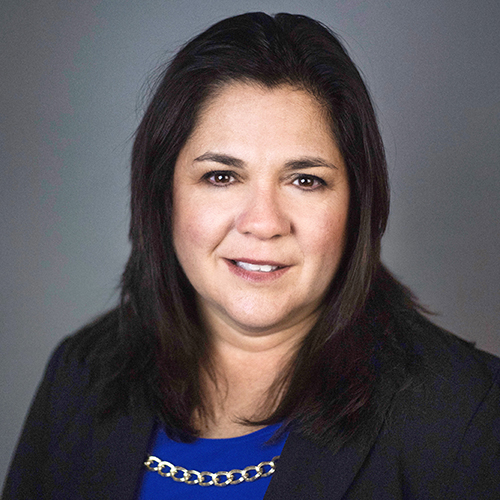

Annette Leary is a registered nurse with over 33 years of experience working in Maternal Child Health (pediatrics, postpartum, home health care and level 2 NICU). She became an IBCLC in 1995. She owns a private practice providing office, in home, and virtual visits at Orlando Lactation and Wellness. In 2022 she formed a collaborative company Baby B.L.I.S.S. : Central Florida Feeding Collaborative where she and her business partners help families prenatally, antepartum and post partum navigate the growth, development and feeding journey of their children. She began her craniosacral therapy training through the Upledger Institute in 2015, taking advanced maternal and pediatric specialty classes. Annette has found great improvement incorporating craniosacral therapy techniques with lactation consulting. Helping Families Latch onto Parenting has always been her mantra.
Topic: Where to Start: Creating a Lactation Care Plan for Complex Breastfeeding Cases - [View Abstract]
Lactation support may be time-limited when caring for multiple families with varying degrees of complexity and needs. Prioritizing between parents and within the individual cases, employing critical thinking skills, and identifying the chest/breastfeeding family’s needs is essential to efficient workflow. Competing priorities can be stressful and draining. Mindfulness empowers those providing care the clarity to prioritize needs and increase satisfaction for both family and lactation support team.
The presentation will consist of actual lactation scenarios varying in complexity and diverse work environments. Participants will interact via the chat box to triage cases, rank interventions and create a collaborative discipline list. We will end with a brief mindful activity.

View Details / Enroll
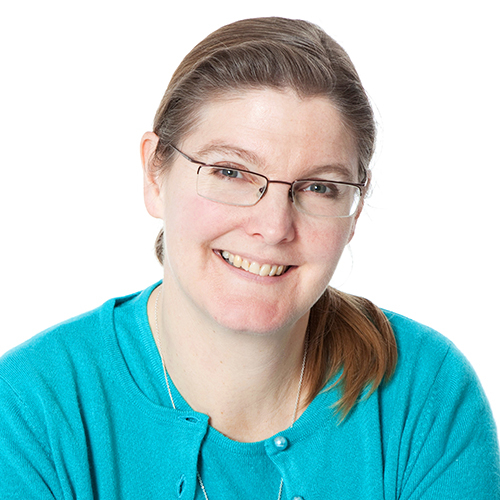

Helen Gray MPhil IBCLC is Joint Coordinator of the UK Steering Group of the World Breastfeeding Trends Initiative (WBTi). In 2017 she and Clare Meynell IBCLC jointly received the Award for Outstanding Contribution to Breastfeeding from the Lactation Consultants of Great Britain (LCGB), for leading the UK’s first WBTi assessment of infant feeding policies and programmes.
Helen is an international speaker on ethics and conflicts of interest. She represents La Leche League of Great Britain on the UK Baby Feeding Law Group, which works to bring the International Code of Marketing of Breastmilk Substitutes into UK law. She is also Policy and Advocacy Lead for Lactation Consultants of Great Britain, and previously co-chaired LCGB’s Communications Team.
Helen’s background in anthropology and human evolution has influenced her interest in how breastfeeding, and the way we nurture our babies, are influenced by both human biology and culture.
Her current advocacy focus is the need for strong policies to protect infant feeding in emergencies. She currently serves on the Advisory Panel for a London Food Resilience research project with Oxford University.
In her spare time, she can be found sculling on the River Thames.
The profession of lactation consultant has grown around the world and has evolved enormously since its inception in 1985. At first, the development of the profession provided skilled breastfeeding counsellors with a role that aligned with the medical model, provided a career pathway, and provided evidence of lactation skills and experience.
Over the years, the certification has grown and now there are over 33,000 International Board Certified Lactation Consultants© (IBCLC©) in 125 countries with the exam now offered in 17 languages. Lactation consultants are now recognised at national and global levels as providers of expert lactation care, and they work within a “landscape” of varied roles and qualifications, each of which brings their own important skill set. IBCLCs play many roles, ranging from advocate to clinical expert, from policy consultant to researcher. The profession has evolved in response to sociocultural change and global issues. One major change has been the increasing importance of technology and the internet, driven partly by the fact that the consumers of breastfeeding care are the most internet involved generation in history, with a particularly rapid transition in response to the COVID-19 pandemic. Major shifts have included the recognition of structural racism, health disparities, inequities in health care and in breastfeeding support, the importance of building a more diverse workforce, recognition of the gendered nature of lactation care and the need for inclusion for people of all genders, breastfeeding as a reproductive right and as a human right of the breastfeeding dyad, and the impact of how babies are fed on many other spheres, including climate change and public health.
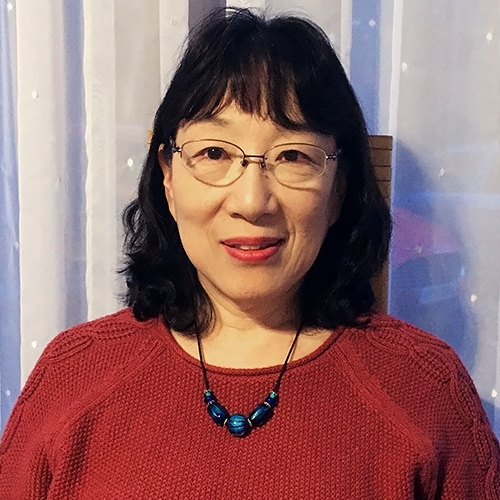
Lactation Education as Advocacy: Increasing Knowledge Among Physicians

Tomoko Seo is a pediatrician and IBCLC in Japan, working in a private clinic with colleagues including IBCLCs who practice's general pediatrics and breastfeeding medicine. She became certified as an IBCLC in 1999 and recertified in 2004, 2009, 2014 and 2019. She is a member of the Japanese Association of Lactation Consultants (JALC) since 1999, when it was founded. JALC has been holding conferences several times a year, including the “Annual Breastfeeding Seminar for Physicians” since 2005 to provide breastfeeding education to physicians and improve breastfeeding support among physicians. Tomko has been a member of the Academy of Breastfeeding Medicine (ABM) since 1999. She is also an active member of the International, Protocol, Education, Conference, Membership Committees of ABM.
Breastfeeding facilitates good health in infants and mothers, and for all humans throughout life. Medical professionals should be advocates for breastfeeding, and physicians could be one of the most influential advocates. However, many medical students, residents and physicians have very limited opportunities to learn about breastfeeding and human lactation during their medical education.
From another point of view, breastfeeding is a private experience as well as a scientific matter. If a physician or a partner successfully breastfeeds, she/he may become a more effective advocate for breastfeeding. So, it is imperative to provide medical students, residents, and young physicians with education about breastfeeding and to enable them to experience successful breastfeeding personally, in order for them to promote and support breastfeeding among their patients.
The Academy of Breastfeeding Medicine is an international organization of physicians who protect, promote, and support breastfeeding, and one of its goals is to develop and disseminate the standard for physician education around breastfeeding and human lactation. ABM has developed protocols and statements for health care providers to utilize for breastfeeding management.
The WHO/UNICEF revised Ten Steps to Successful Breastfeeding in 2018, includes in Step2 “Ensure that staff have sufficient knowledge, competence and skills to support breastfeeding”. This included physician education. There are many ways to educate physicians, and ABM materials could be one option.

View Details / Enroll
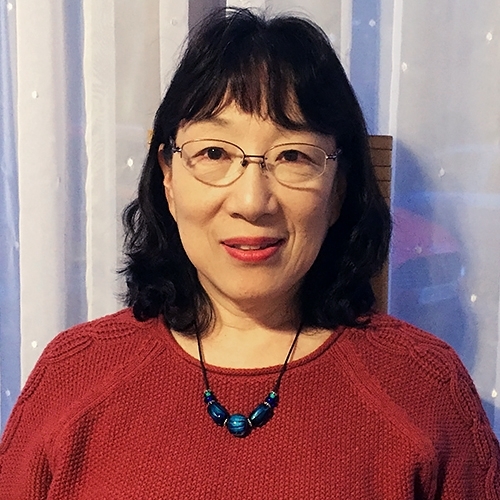
View Details / Enroll


Dr. Satish Tiwari has worked as Professor of Pediatrics for 5- 6 years, and was responsible for the formation of the Indian Medico-Legal Ethics Association (Founder President), and the Human Milk Banking Association (India). He is a recipient of the Dr Nirmala Kesaree Oration 2012 and Dr NB Kumta Award 2015 for outstanding work in IYCF. He is a trainer in Human Lactation, breastfeeding, human milk banking, medico-legal issues etc. He has National, International publications and has provided editorial services for: a Textbook on Medico-legal Issues, Feeding Fundamentals, International J Gastroenterology, Hepatology, Transplant & Nutrition, and the Journal Indian Medico-Legal Ethics Association. He is Founder Editor-in-chief for the New Indian Journal Pediatrics. He is Founder Secretary Medico-legal group, Founder Secretary IYCF chapter IAP. He worked as President BPNI Maharashtra 04-06, Member Central Coordination Committee of BPNI (New Delhi) 06-08 and National Executive Indian Academy Pediatrics 07. He was a Postgraduate & Undergraduate examiner in Pediatrics and has been invited as a Guest Speaker on Infant feeding, breastfeeding, Medico-legal issues, HIV, Behavioral problems, etc.
Food/nutrition is a basic need of individuals. Unethical, uncontrolled marketing practices have added to age-old confusions and misconceptions. Products are subtly portrayed as essential and convenient to “modern parents”.
Since the time that WHO/UNICEF has declared an International Code, many WHA resolutions have been resolved. Convention on the Rights of the Child accepts the right to enjoy a highest attainable standard. Innocenti Declaration was adopted on Protection, Promotion and Support of Breastfeeding.
It is important to support woman, by enacting legislation and adopting its enforcement and by providing adequate paid maternity benefits/leave.
The Indian government has enacted the Infant Milk Substitutes, Feeding Bottles & Infant Foods Act.
People should be vigilant enough to realize that legislations are not merely pieces of paper. Health workers have a moral and ethical responsibility to provide health education and report violations by becoming a “Watch-guard”.
Even after many legislations, some manufacturers are behaving as if these recommendations don’t affect them and have ignored or just given lip services.
Health workers, and the general population has a great influence on decision making. There is need to follow laws in spirit rather than words.

View Details / Enroll



